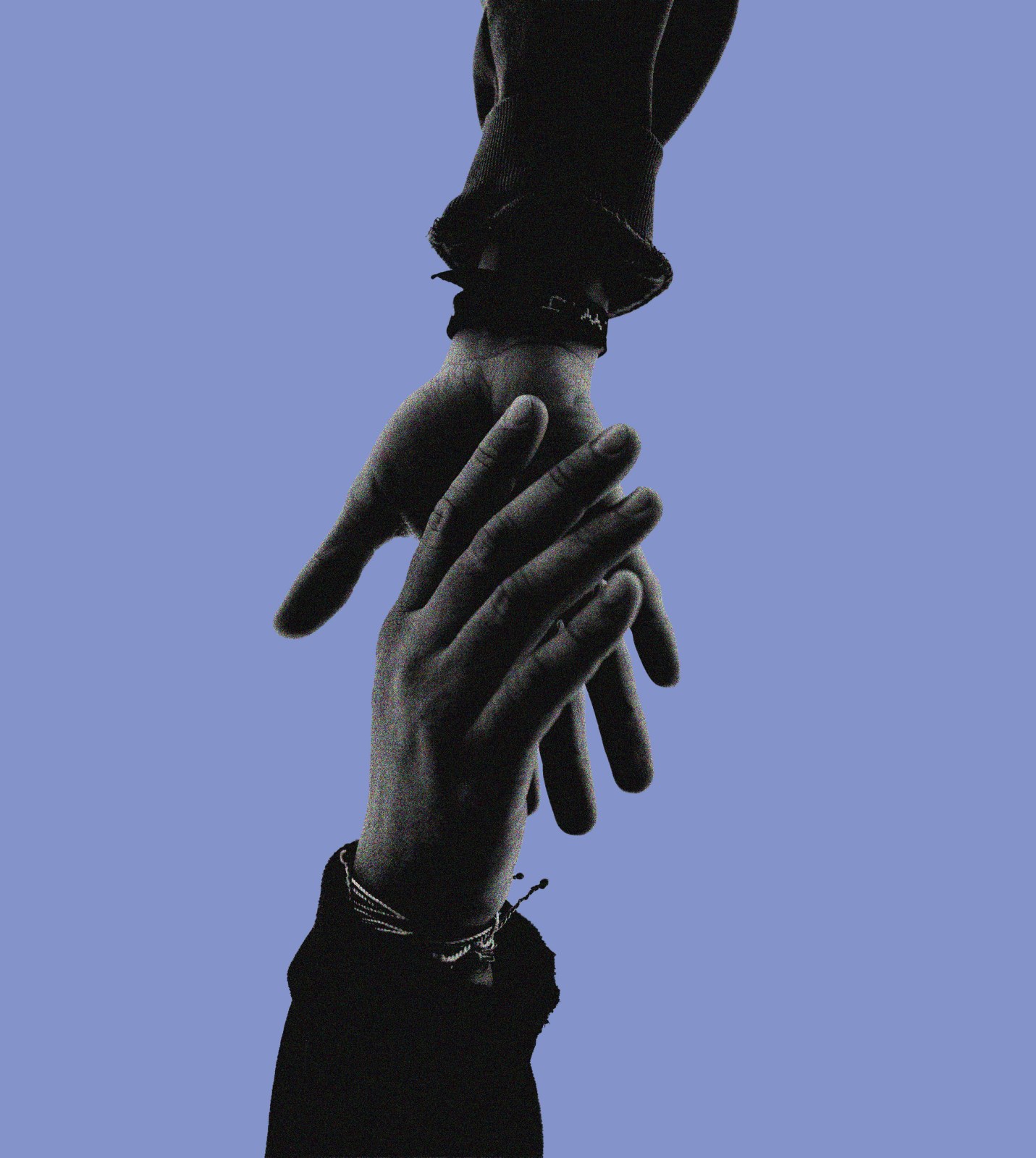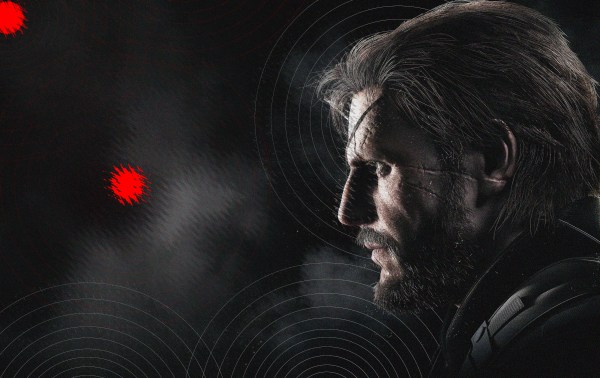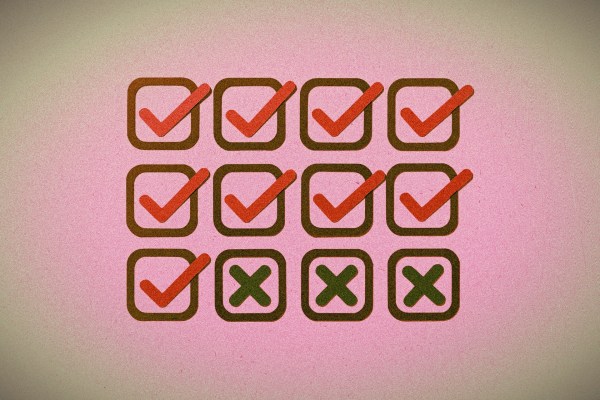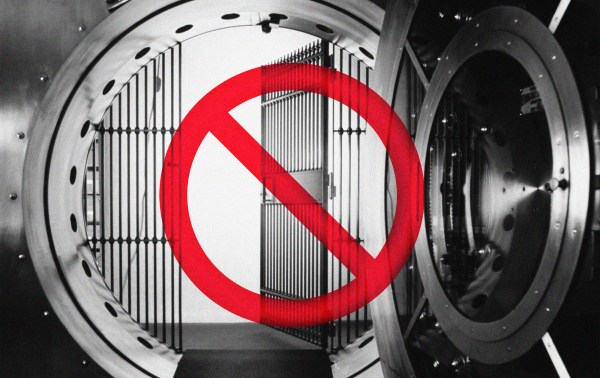Human beings don’t like to be dependent. If you’ve ever broken a bone or had some other temporary physical impediment, you know that it is difficult to accept someone else’s help, no matter how gracious they may be in giving. And we recognize that some types of dependence can be pernicious: When a person relies on others such that his or her emotional well-being hinges on external acceptance and validation, psychiatrists call it “dependent personality disorder.”
All of us were born dependent and remained so for years; most of us will experience a period of decline before we die when we’ll once again become dependent on others. Indeed, the American bioethicist and theologian Gilbert Meilaender described a trajectory or arc of life, where we begin and end our lives dependent on others but spend a great deal of time much less so—and one of the things that we do with that freedom is care for those who are dependent. The way our arcs of life crisscross over the decades is beautiful and, in the words of one highly anticipated book, dignifying.
But if we become uneasy at the thought of physically depending on others, dependency on others because of a deficiency in our mental capacity is terrifying. Half of those who live to age 85 will develop some kind of dementia; perhaps 1 to 2 percent of people have a congenital or acquired intellectual disability—like Down syndrome or a major traumatic brain injury—so severe that they are dependent on others’ care for their entire lives. In a culture like ours that prizes rational thought and self-sufficiency, we are especially anxious about the idea of losing those things.
The push for euthanasia across the Western world is predicated on this fear. People do not want to be “a burden” to their loved ones, so much so that they choose to die rather than suffer the indignities they associate with dependence. Canada has taken this logic to a grim extreme by euthanizing people who are merely poor and dependent on government welfare, while other countries like Belgium permit the suicide of those with severe mental illness. (I learned in medical school that one of the most telling symptoms of any mental illness, akin to fever for an infection, is suicidality—so how on earth can any doctor tell if a request to die is free from the machinations of mental illness?) It is utterly necessary that people of all faiths who cherish the value of being human stand against the lie that says it’s better to be dead than dependent.
But one of the more challenging topics when it comes to dependence is dealing with the wider penumbra of people who have milder disabilities, physical or mental, that prevent them from achieving complete independence as adults. Decades ago, many of these people would have been locked up in institutions that were rightly condemned for the abuses that took place inside of them. Yet the fact that people often left these institutions only to be imprisoned or homeless suggests that some people require the supervision and care of another not only to stay alive and healthy, but also to keep them from harming or harassing others.
A recent executive order from the Trump administration seeks to make it easier to place people in long-term institutions again. While there are many potential downsides to this proposal, it would at the very least provide an option for people who are a danger to themselves and to others but continually refuse or desist from treatment. Such an option is an unwanted necessity in a world where a mind can unravel precipitously and dangerously.
Many people would like to believe that a more just society with an abundance of resources available for the poorest and most mentally ill people would make such institutionalization unnecessary. It is true some of the people who are most vulnerable are helped greatly by models such as “Housing First,” which gives them a safe place while they try to get their lives back on track. But it is unclear that this is a global strategy that works for everyone, and people can still pose a huge risk to themselves or others even when they are housed and cared for.
The left-liberal instinct to hope that we can manipulate policies and structures in order to eliminate the need for long-term institutionalization is just a reflection of a much broader and more instinctual fear we all have. None of us wants to countenance the possibility that our mental faculties might deteriorate to the point that we’ll need to be dependent on others, because to do so is to surrender one of the greatest privileges of being an adult human. Most of us, if we’re honest, are rather squeamish about the possibility of caring for another person who has experienced such deterioration, because doing so is often a rather thankless and grueling task. As writer Emmett Rensin, who suffers from schizoaffective disorder, recently put it: “To know somebody who suffers a serious psychiatric disorder, much less to love one, is to be exposed to a constant low-grade burn of unpredictable trouble.”
Yet this is one of many difficult realities of human existence in a fallen world; just as the cruel happenstance of genetics or a car accident can render a leg or arm unusable, the same can happen to someone’s brain. Perhaps it is easier to accommodate someone when they have a visible, physical disability (which certainly correlates with the concerns often raised by people who suffer from less visible disabilities, such as chronic pain or fatigue). When a person’s disabilities can’t be seen, it is hard not to entertain the hope, however poisonous to love that hope might be, that if they just tried a little harder, they could just be normal again.
In a culture like ours that prizes rational thought and self-sufficiency, we are especially anxious about the idea of losing those things.
It’s even worse in our day and age, when technology has liberated us from many other frailties and limits. It takes us hours to cross distances that took our ancestors months, we can ward off deadly diseases with a tiny injection of fluid, and the calories we need to survive are produced in such abundance it would have struck medieval kings dumb. The fact that medical science has yet to develop tools for the mind as potent as artificial limbs or other adaptive devices makes the happenstances of mental infirmity feel especially cruel.
I have never been involuntarily committed to a hospital because of mental illness, but I’ve been closer to needing it than I’d like to admit—and as a doctor, I’ve admitted plenty of patients myself to hospitals because the risk they posed to themselves or others was too great. I remember one woman in rural Kenya who was deeply afraid of the shame of psychiatric admission—her husband was a pastor, was there any other way? But in my experience, no matter how much resistance a person puts up, there’s always a moment at some point in the process—including after treatment—where they acknowledge that this was exactly what they needed. When I asked the woman if she wanted to be there for her children over the long term, even if that meant surrendering a few days of her life and freedom to the hospital, she stifled a sob and nodded her head. Drowning in the quicksand of one’s own thoughts is a terrifying experience; someone who is offering you a life preserver is always a mercy, even if sometimes they have to tie you to it.
There’s another great Gilbert Meilaender line worth quoting: “I want to burden my loved ones.” The brief spasm of horror you may have felt reading that sentence is the fear of dependence inculcated in each of us that is good when you are capable of doing something for yourself but bad when you are incapable. All of us have been incapable at one point in our lives, most of us will be incapable at some point in our lives, and a handful of us are born or become permanently incapable throughout our entire lives. We must accept these realities, be grateful for the opportunities each of us has to help someone who is dependent, and seek out those opportunities during the times in our lives when we have the strength to help others.
On an individual, social, and cultural level we can never escape the need for dependence on others. Such dependence is part of the natural progression of every human life at the beginning, most human lives at the end, and quite a few throughout. Like Meilaender, we should look forward to being a burden because there is a joy not only in serving others, but in being served by our fellow human beings. Just as a newborn baby delights in being held by her mother when she cannot walk by herself, so we can cherish the gift of human frailty that comes when others do for us what we cannot do for ourselves.
Acknowledging these realities is the first step in dealing with some of the most pernicious challenges involving human dignity right now, whether it’s people so lost in the quicksand that their lives are at risk or the people whose lives feel so bleak that a government-sponsored set of cement shoes seems like a good idea. If we don’t celebrate the joy of dependence, we will find ourselves in a society that treats the burdensome viciously—even as it finds more and more of them to be a burden.









Please note that we at The Dispatch hold ourselves, our work, and our commenters to a higher standard than other places on the internet. We welcome comments that foster genuine debate or discussion—including comments critical of us or our work—but responses that include ad hominem attacks on fellow Dispatch members or are intended to stoke fear and anger may be moderated.
With your membership, you only have the ability to comment on The Morning Dispatch articles. Consider upgrading to join the conversation everywhere.